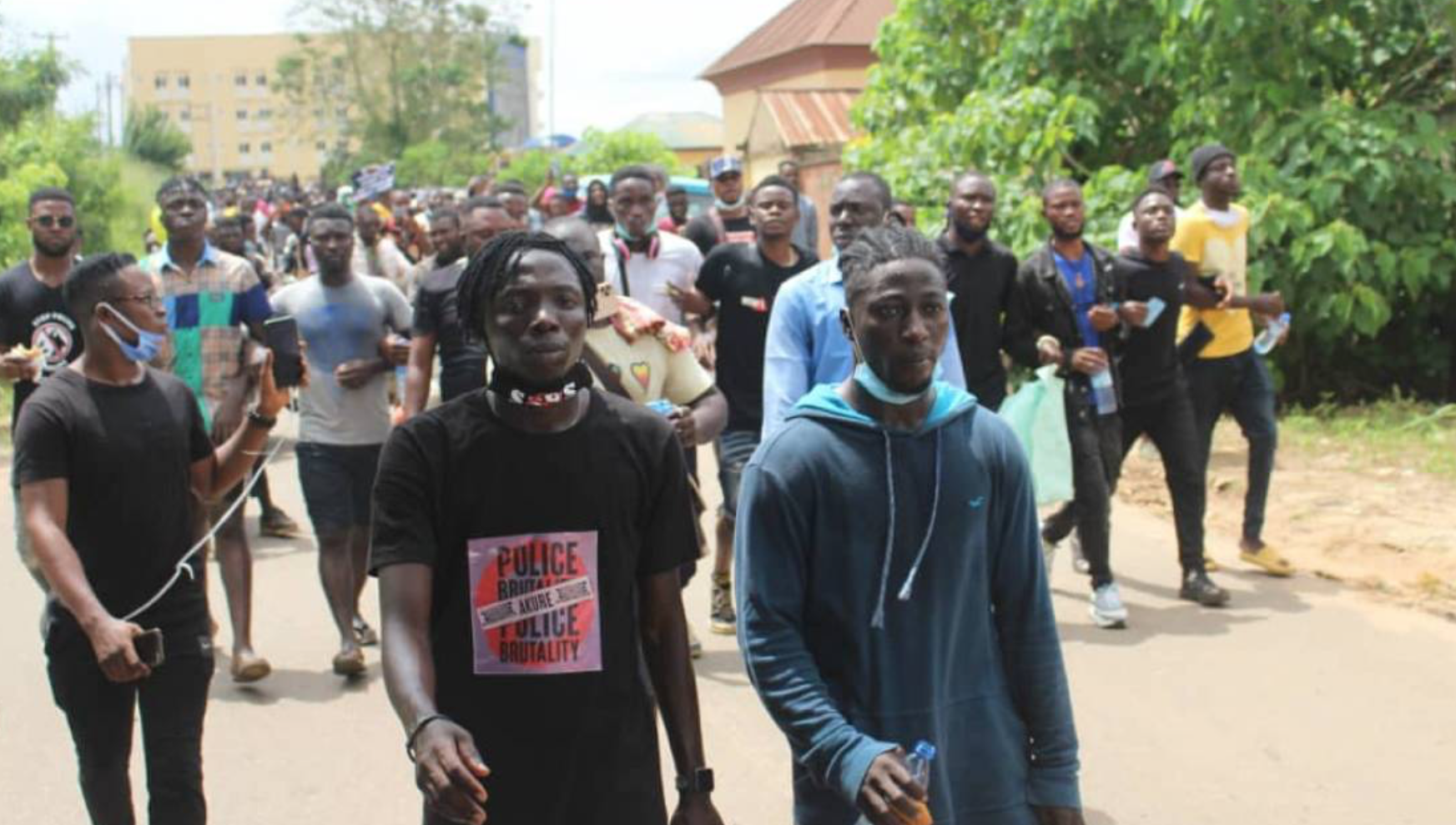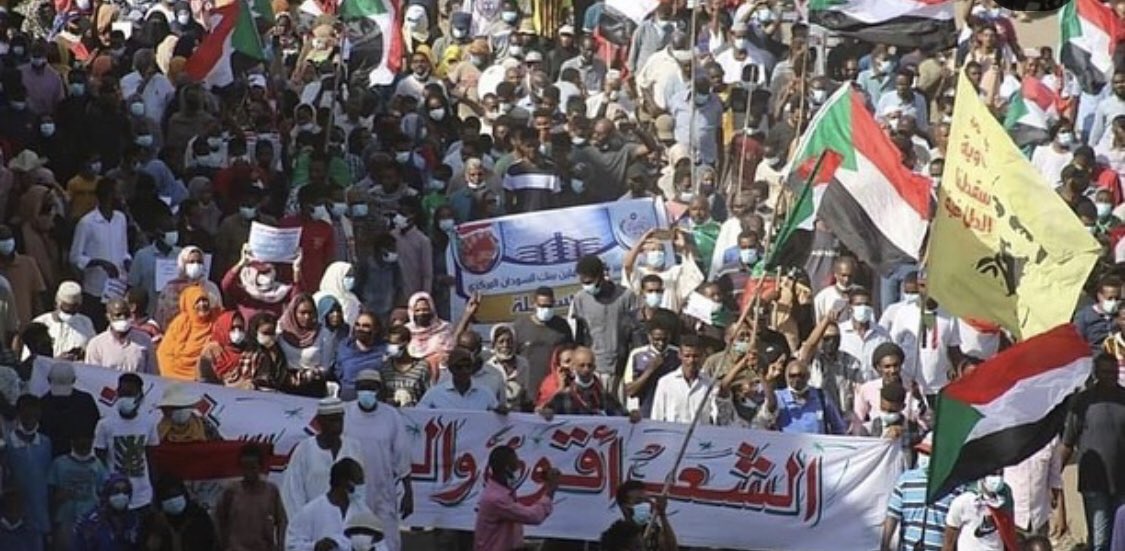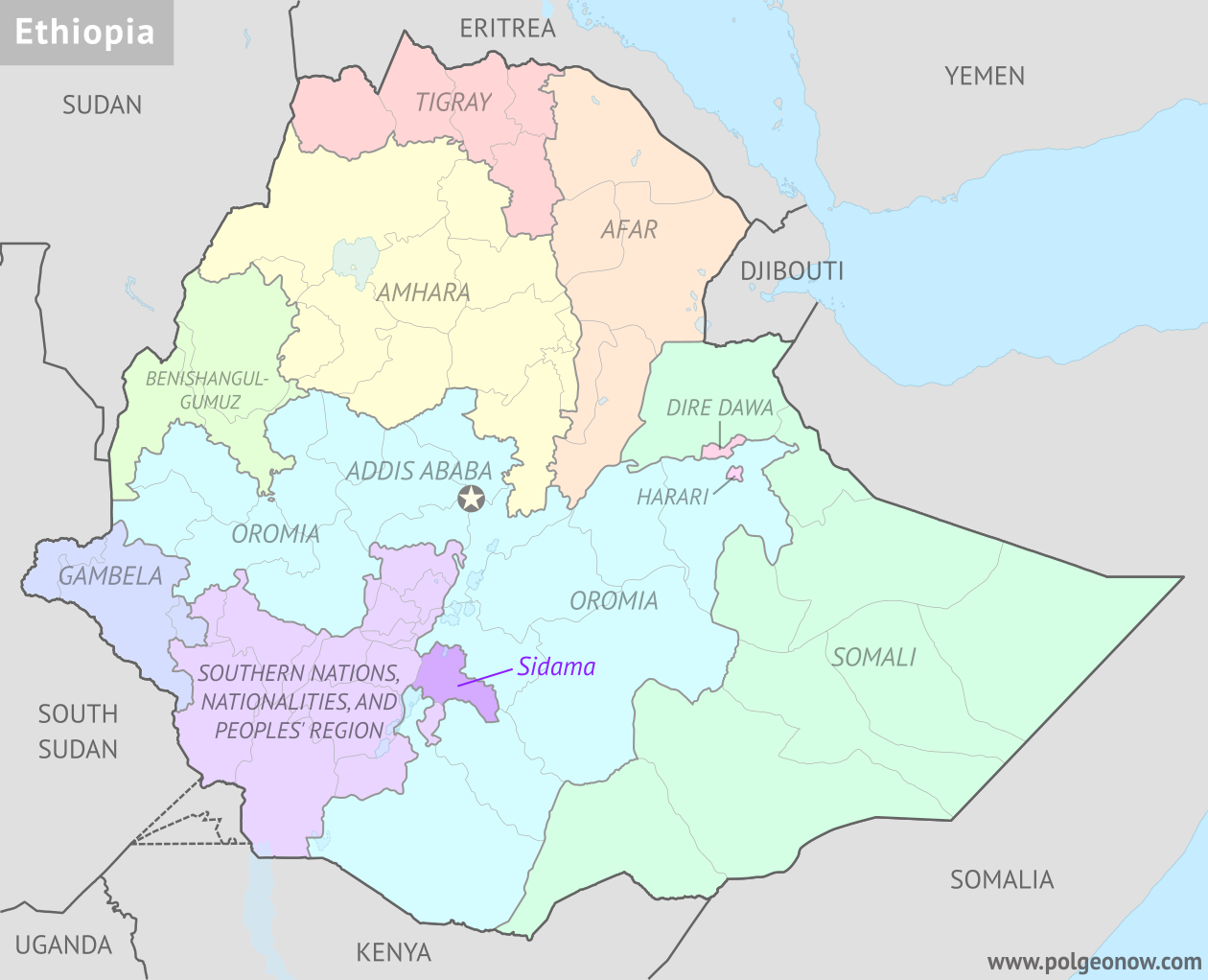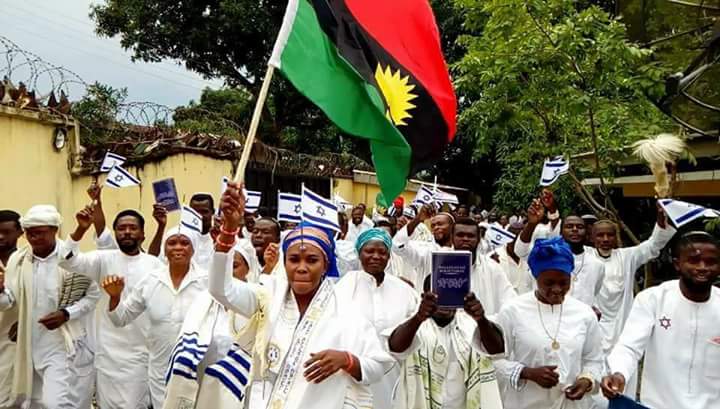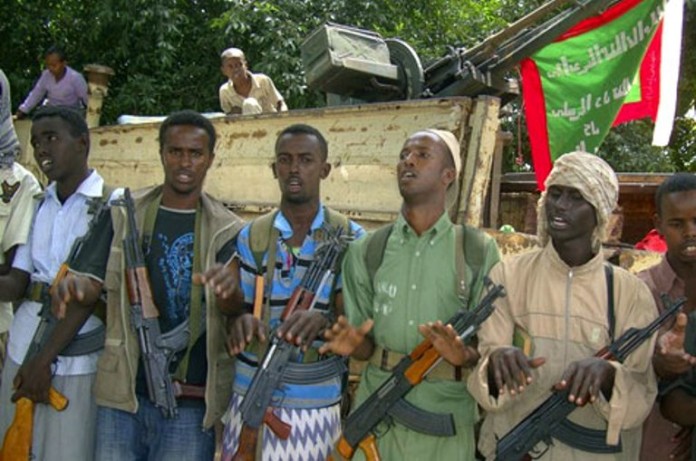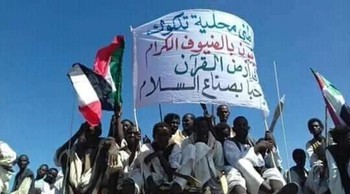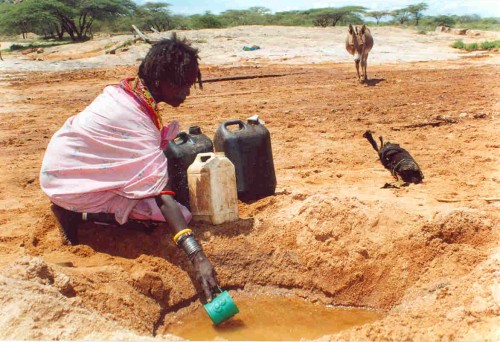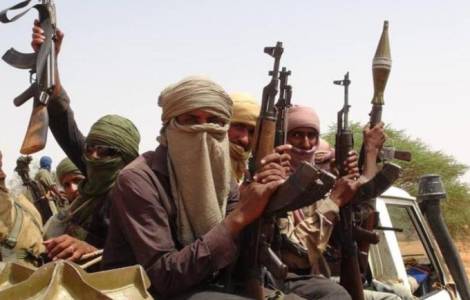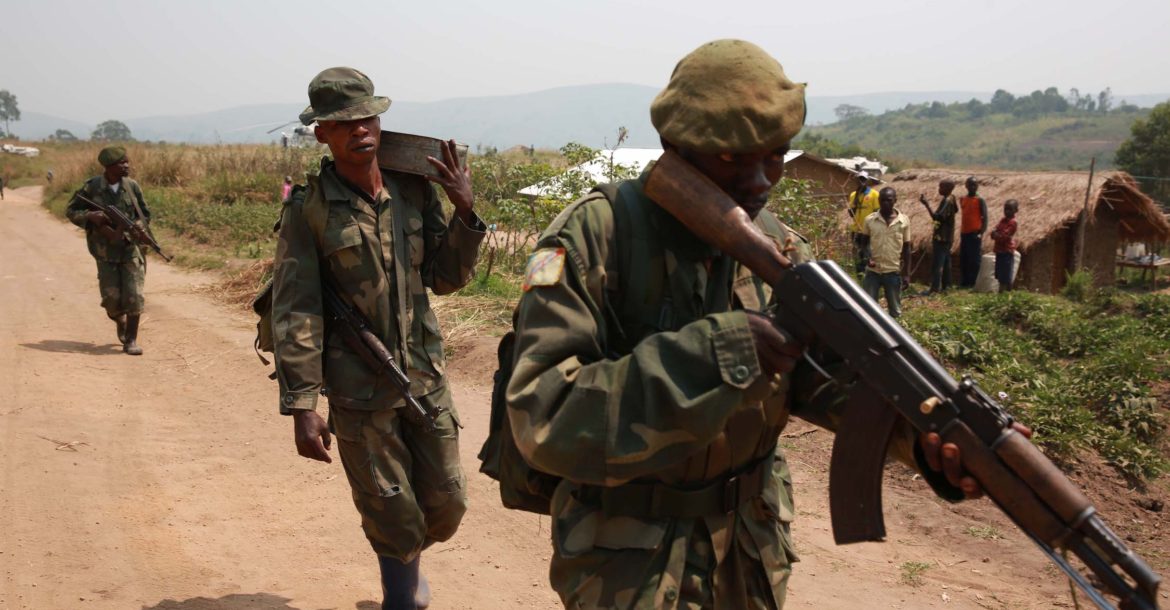
Martial law fails to stop killings in DRC
The Democratic Republic of Congo’s Senate once again extended martial law in two of the country’s eastern provinces, despite increasing criticism of the measure, which has done nothing to stem decades of violence. Since May, civilian officials in North Kivu and Ituri provinces have been replaced by police and military figures. The UN peacekeeping mission in Congo has thrown its weight behind the measure, even as local rights groups accuse authorities of using the “state of siege” to curtail civil liberties. And attacks by armed groups have continued at the same rate as before, with at least 1,000 civilians killed since May, according to the Kivu Security Tracker. More than one million people have been internally displaced in eastern Congo so far this year. (Photo: MONUSCO via Defense Post)



